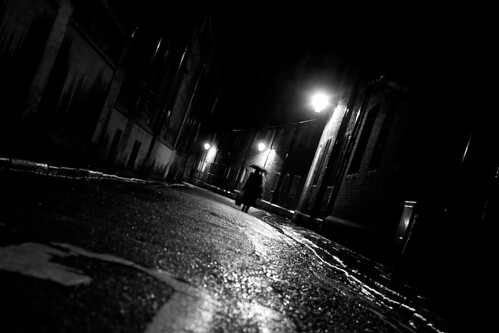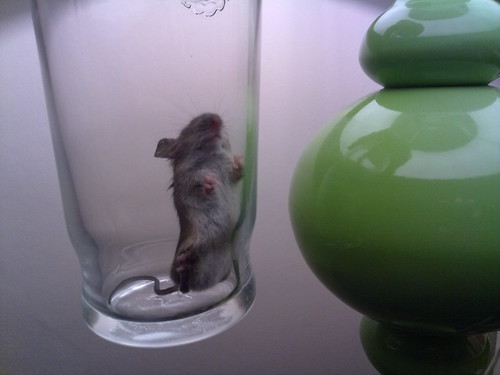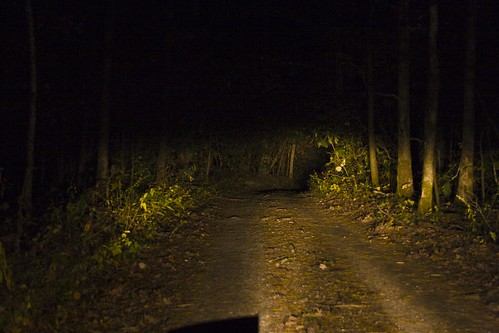There’s a lot to dislike about ISIS. Their violence, their narrow-mindedness, their hate. There’s also a lot to pity. Really. For example, what are the chances that any of them will ever enjoy the delights of a loving marriage of equals? Low to none, I would say.
In fact, if you want to live a good life, ISIS is about the worst example you could choose to follow. They are wrong about so many things, starting with the idea that by using violence and ruthless subjugation to gain power for themselves, they are somehow pleasing God. As Anne Lamott observed, “you can safely assume you’ve created God in your own image when it turns out that God hates all the same people you do”.
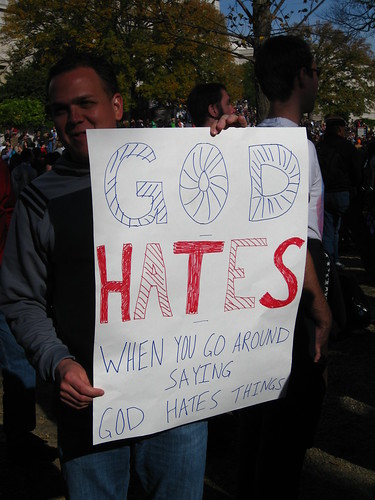
But there is one thing which they have right. (Just one, last I checked.) And that is that religion matters. What you believe matters. You may not call it a religion; it may or may not have a supernatural element to it, but whatever (or whoever) matters to you the most is your religion, the driving force of your life, and that matters.
I have seen people lump all believers together, as though there was no meaningful difference between, say, Roman Catholicism and the Church of the Flying Spaghetti Monster. Because the world would be a better place if Mother Teresa had limited the public expression of her faith to demanding the right to wear a colander on her head in her ID photo, amirite?
Let me just say this: if the beliefs you profess do not make any difference to how you live, you’re kidding yourself, and you’re probably not doing a very good job of kidding everyone else. People act in accordance with their beliefs (whether or not they are honest with themselves about what those beliefs are).
How we act affects ourselves and others. Therefore, it matters what people believe, and nowhere is this more evident than with ISIS. Because of their beliefs about God, and consequently about the nature of right and wrong, they do terrible things to their fellow humans. They are even willing to die in the commission of violence and murder, because they believe God will reward them with seventy virgins in paradise.
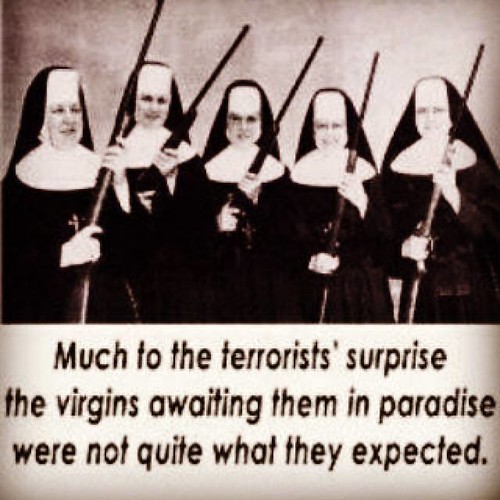
Side note: scholarly research has recently suggested that the 72 virgins said to be awaiting Muslim martyrs in paradise (only male martyrs, obviously; opinion is divided over what, if any, paradise there is for Muslim women) are a mistranslation; the original text should be translated as white raisins [warning: linked article is rather explicit in places].
Would the young men putting their lives on the line for ISIS be quite so enthusiastic if their promised reward was a bowlful of raisins – even really, really good raisins? I doubt it. What you believe makes a difference.
People act in accordance with their beliefs, even those beliefs they are not consciously aware of. That is why saying that people should keep their religion private just doesn’t work. In effect, that is saying that people should act in accordance with their religion only insofar as that is undetectable by those around them. (Otherwise they have to act in accordance with – what? Probably the overriding belief system of those around them, whether that be a religion of money, status, or something else entirely.) This seems to be the one area of life where it’s considered okay to do something just so long as you are completely half-assed about it.
Nor does it work to say that we should all just get along with each other and mind our own business. That’s a religion of tolerance, and, as previously mentioned, tolerance doesn’t work as a virtue, let alone a paramount virtue.
What people believe matters. ISIS know this, and that is why they are relentlessly driving out or destroying all those who hold different beliefs to theirs. Because whatever people believe will come through in their lives. You cannot hide what you are. I cannot hide what I am.

